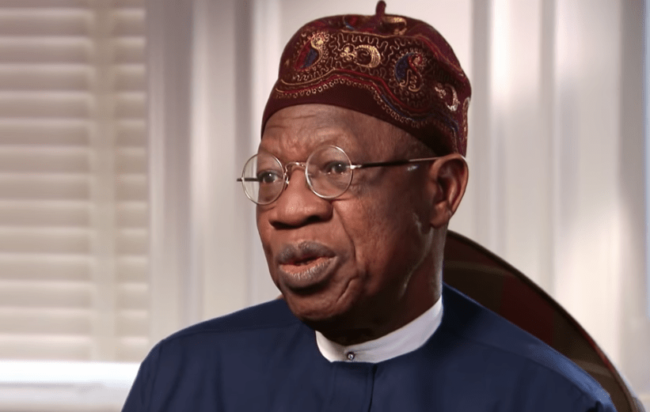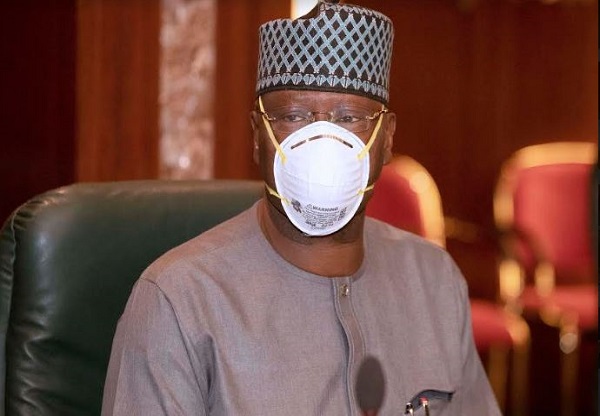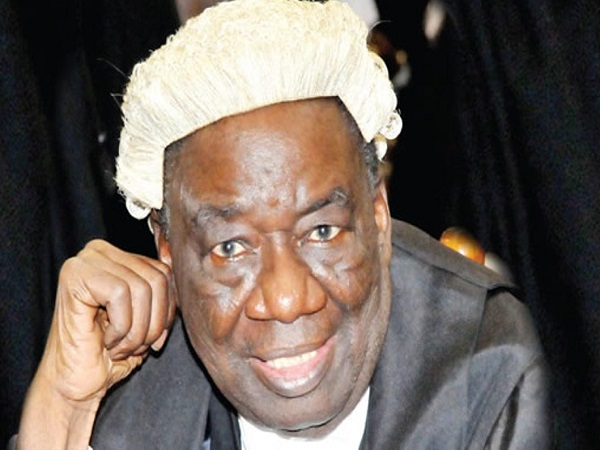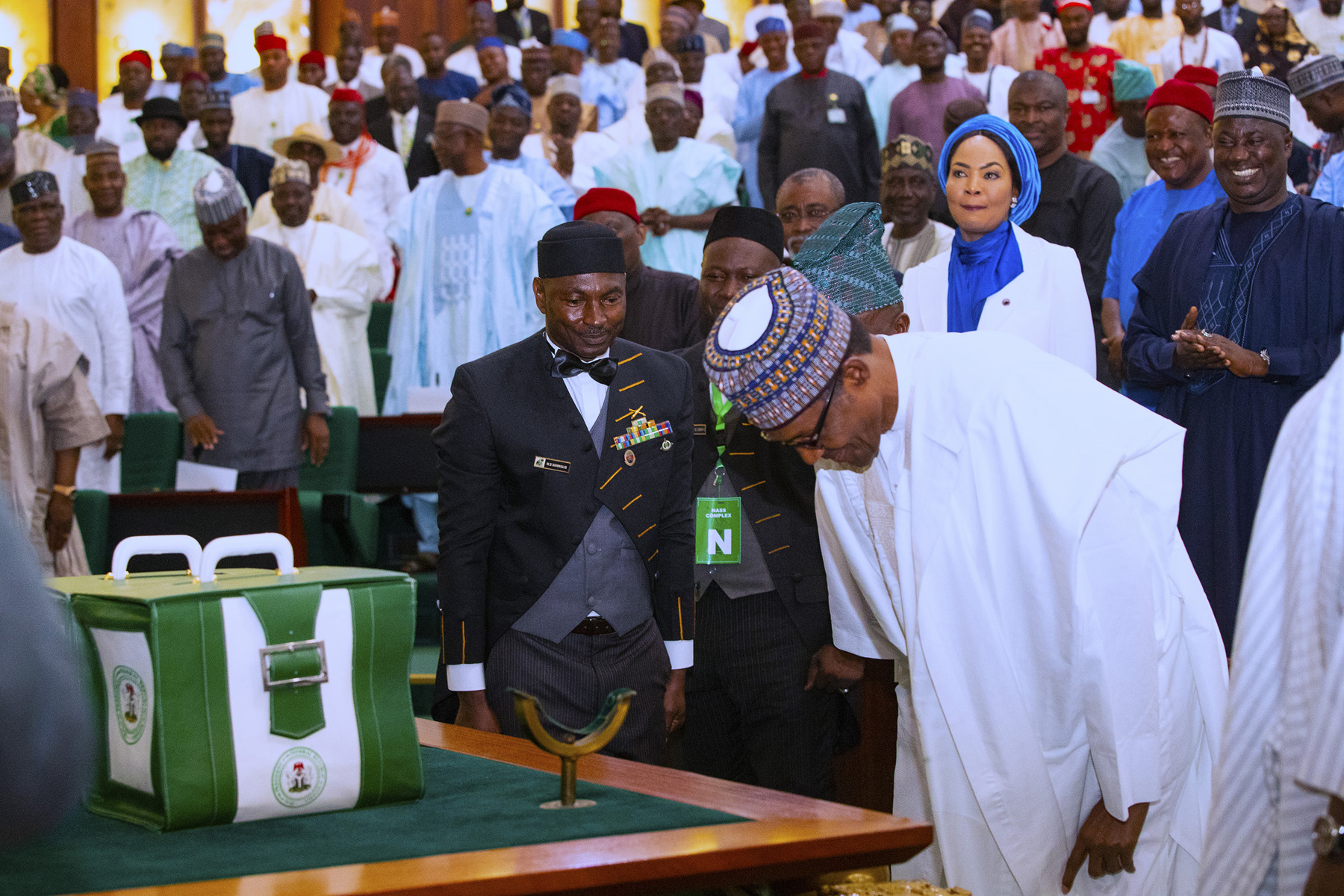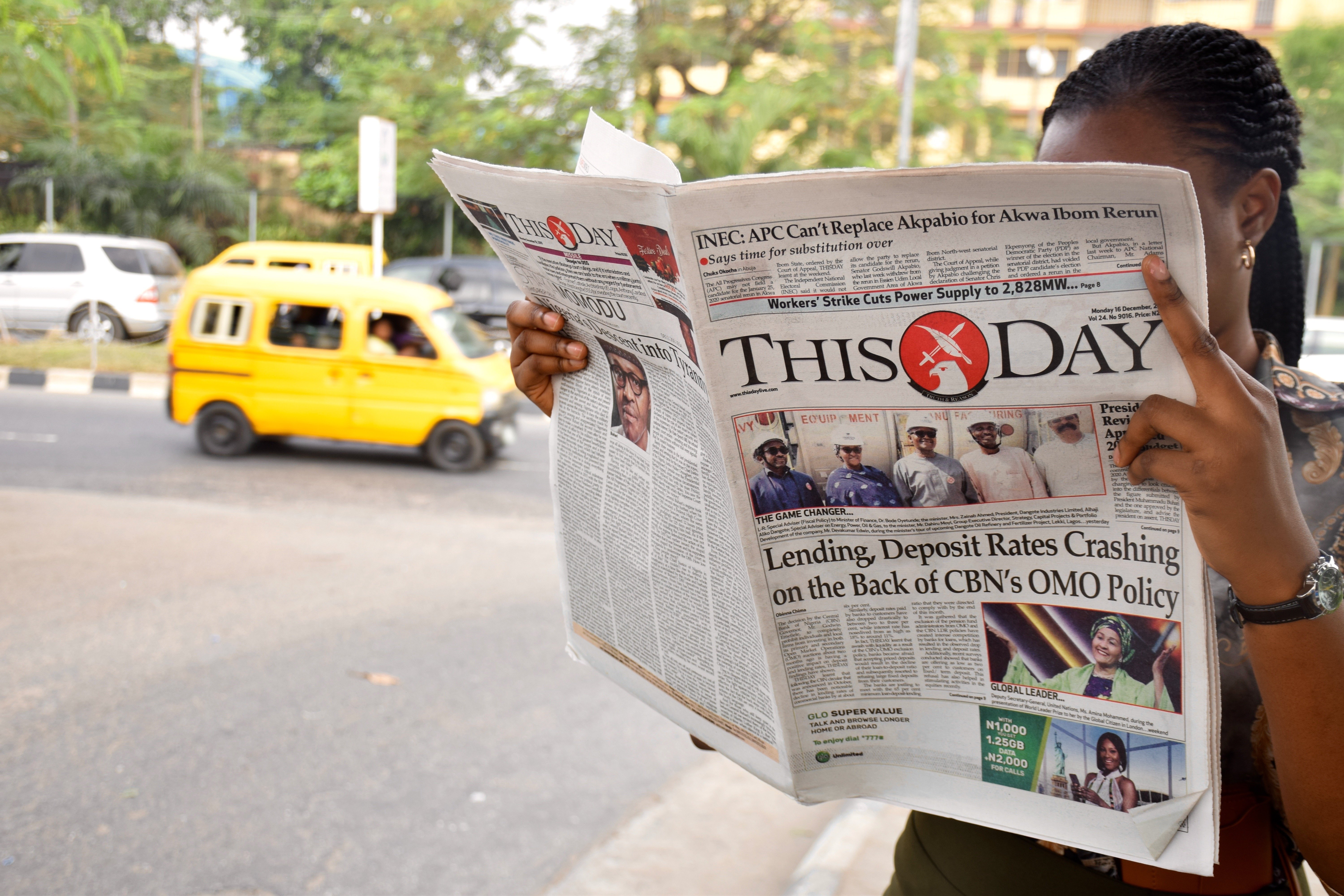Let us begin this discourse from an anecdotal platform. Years ago Mallam Danladi Bako was the Director General of the National Broadcasting Commission. Quite a young and articulate fellow who cut his teeth very early with epochal programmes on NTA, the sort that have mutated into AM Television across the country today.
Getting him to be DG of the NBC was a most auspicious opportunity for a much younger person to put more water on the seeds already planted by Dr Tom Adaba, pioneer DG who with some of his colleagues created an industry with the skin of their teeth. The coming of the private broadcasters into the country’s broadcast landscape can be both funny an also outlandishly selfish. Someday, that story will be told. But for the time being, let’s return to Danladi Bako.
Danladi Bako had the curse of Nollywood being in full bloom during his time, or so we thought that the industry was in full bloom. Bako tried to pull the entire industry together, ensure that the various guilds had a common vision for an industry that would grow to shelter everybody. Quite a number of efforts at the NBC Office, Race Course, Lagos, and another major one in Cape Town, South Africa, where he had to use leadership masterstroke to resolve a situation that would have grown to become an international scandal to our nation. This was at the annual SITHENGI programme.
Danladi planned good for Nollywood but most of the dramatist personae at the time wore fame as insignia and pursue vapour in a most ironic struggle to exemplify the razzle dazzle of modern entertainment. The result: the industry has been in self-attrition and has rarely been able to approximate the creative strength of members to support individual and industry good.
Advertisement
In one of those moments Danladi had confided in me his plan to pressure the ministry into forming an endowment fund for Nollywood. Unfortunately, the plan leaked. Industry members nearly took up arms against people who were collecting money from government on their behalf, saying they did not need any help from anybody. Not even government. We built the industry. We are well able to run it!
Really?
It is the responsibility of government to create conducive environment for the operation of any business, the reason being that a thriving industry creates jobs, as it is in the entertainment sector and the telecommunications industry, where individual networth is very high. The government gets generous returns in terms of tax returns and individual well-being. And crime suffers setback.
Advertisement
However, COVID-19 is creating a major disruption causing the broadcasters to raise a cry, before the entertainment sector, calling for the intervention of government. In a spontaneous response which belies the snail-speed approach of this administration, the Minister of Information and Culture, Mr Lai Mohammed set up a Committee last week to work with government in this respect. The Committee, chaired by venerated comedian, Atunyota Alleluya Akporobomerere (with stage name, Ali Baba), has been given the responsibility to study the impact of COVID-19 on the creative industry and report back to government in four weeks.
Great idea. But the little problem is that the minister in his enthusiasm to do something under-estimated the very inapposite situation and the very pervasive nature of the creative industry for which the broadcasters supply some of the pipes that carry the real stuff. The minister would never know the crater of differences among industry players which had blunted well-intentioned efforts in dressing up the sector for growth. And in very clear case of irony, the minister was playing host to the broadcasters who had sought audience with him.
A source at the meeting told me the tension in the air could crush a bone. There was outrage. The broadcasters felt betrayed for not being involved in the process as their very proud contributions to the committee were some employees, to discuss palliatives for the stations employing them! There was fury in the air, like the tale of the hen when some little birds are being roasted, and the hen mistaking the birds as her little chicks. I grew up in the village and could feel the anxiety and pain of the hen each time we returned from bird-hunting and it was time to roast our harvest.
Reactions were instantaneous but not unexpected. In Lagos, eighteen Nollywood associations released a statement asking the federal government to discountenance the idea of dealing with individuals when Nollywood is the subject so as not to set individuals against the various guilds and, thus, cause disruption in the sector. They said there was no consultation with them neither was there an inclusion of any official of the strategic guild of the industry in the committee.
Advertisement
With anger having boiled over, the broadcasters having retreated for a cooling down of their systems have recovered to make a proper request to the minister, asking him to right the wrong for the obvious disdain not to be taken as intentional. Making their position known to the minister in a document dated May 7, 2020 and titled: Re Constitution of the Stakeholders Committee to advise Government on the Measures to be undertaken to Support the Stability of the Industry, BON observed that “in a Committee of 14 members, BON has only one. We believe very strongly that we are not adequately represented in the Committee as the only umbrella of the broadcast Organisations in Nigeria.”
Pursuing its line of argument further, BON in the statement signed by its chairman, Sa’a Ibrahim, alerted that three persons on the Committee except the chairman are individuals and not BON members as membership of BON is made up of Organisations that are registered Companies with Corporate Affairs Commission or created by Act of Parliament of Federal or State Government(s) and duly LICENCED by NBC. BON therefore appealed to the minister to do the needful and sent a list of members to be included in the committee.
When I was in the secondary school, my teacher told me one day that indignation is righteous or justifiable anger. That description has not left me ever since. So were the broadcast operators right to feel such exacerbated indignation, so solid that it made so many people very uncomfortable in that hall?
The broadcasters have my support. The minister also has my support. Except that equivocation in manner of speaking doesn’t always help the cause of society. This is why I told the story of Danladi Bako. He tried to understand Nollywood and to do his best to promote the industry, although that best could hardly be appreciated. The creative industry the minister tries to affect is much bigger and more complex than Nollywood. In fact, it is an integrated industry combining so many subsectors. This is why the minister should have been more circumspect and less hasty.
Advertisement
Broadcasting is a major sub sect in the creative industry. With a little permission I will want to point out that what the minister couldn’t handle immediately in spite of all his goodwill is the little distinguishing factors between the various industry players. There are content makers or creators and there are content aggregators and platform owners. Content is key in the entertainment industry but the aggregators and platform owners are the ones holding the handle of the cutlass while the creators are holding the sharp end. So who is more endangered? The broadcasters were right in crying out; after all, they have been the real heroes bring the story of COVID-19 to our once comfortable homes.
But the minister was wrong, very wrong in setting up a committee that belittled this group that has given this government maximum support in telling the story of a country resilient in the face of COVID-19. These are no times for blame games and recriminations, however. The times we are in call for heroes who can admit weaknesses and failings but will quickly contribute remedial actions that can straighten the people to look at the future with rejuvenated optimism. The minister should be bold enough to take redeeming actions that can assure and give hope to operators in an integrated but very vital sector of the economy.
Advertisement
Okoh Aihe writes from Abuja
Advertisement
Views expressed by contributors are strictly personal and not of TheCable.
Add a comment

